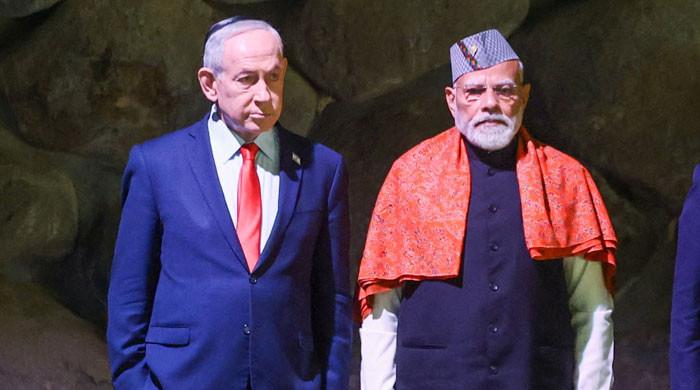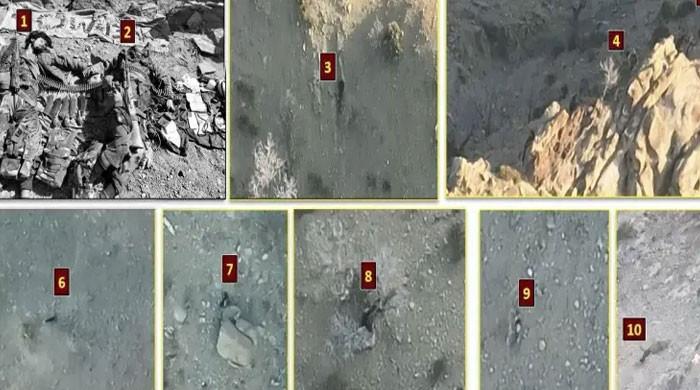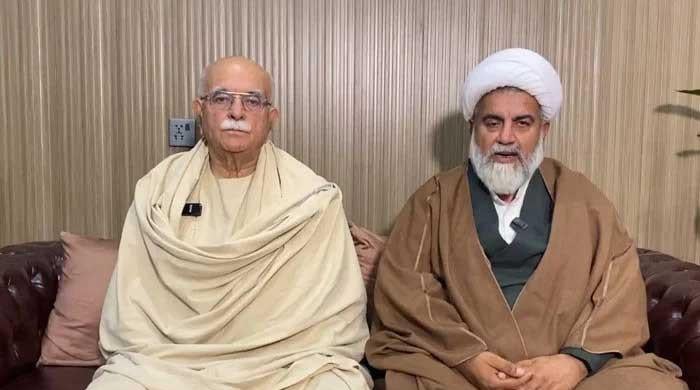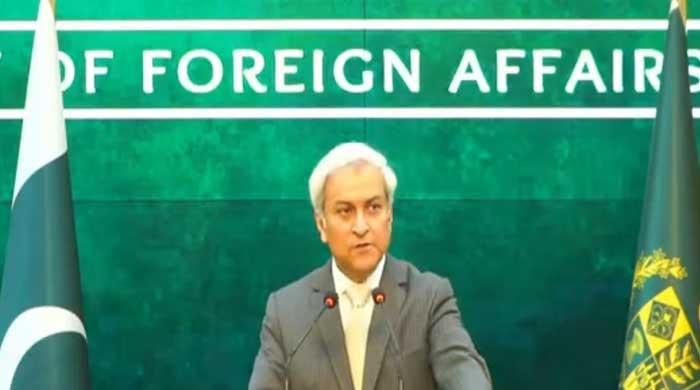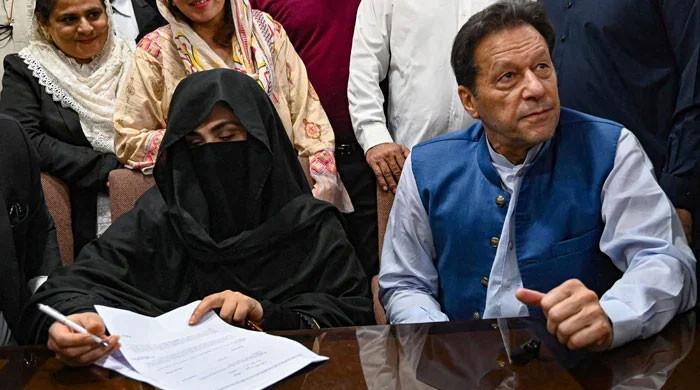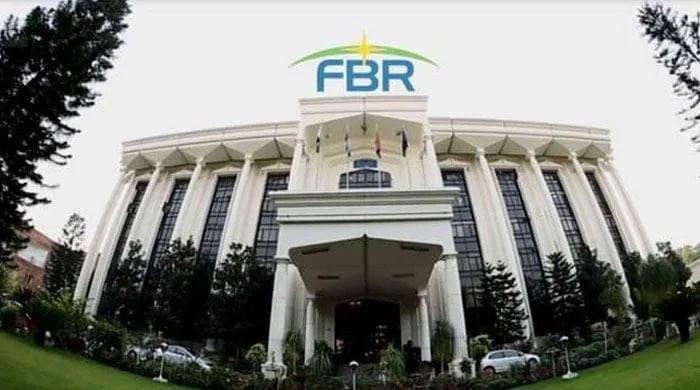Explainer: Who will appoint new KP interim CM?
Legal experts say Constitution completely silent on appointment of caretaker CM in absence of assembly
November 11, 2023

ISLAMABAD: The sudden demise of Khyber Pakhtunkhwa caretaker chief minister Azam Khan on Saturday triggered a constitutional crisis in the province over the appointment of the new provincial chief executive.
Azam was appointed as the caretaker chief minister in January this year following the dissolution of the provincial assembly by the Pakistan Tehreek-e-Insaf (PTI)-led government.
According to Article 224 of the Constitution, the governor of the province approves the appointment of the caretaker chief minister after the leader of the house and leader of the opposition forward him the name finalised with consensus.
Under Article 224-A, if there is no consensus on the name of the caretaker chief minister, then the matter is referred to the provincial assembly committee consisting of members from both opposition and treasury benches.
And if the committee, too, fails to reach a consensus, then the Election Commission of Pakistan (ECP) picks the caretaker chief minister from the names proposed by the government and the opposition.
The caretaker cabinet is also appointed on the recommendation of the caretaker chief minister.
The name of Azam for the caretaker CM slot was unanimously approved by the then Chief Minister and leader of the opposition in January this year.
The matter was neither referred to the assembly committee nor to the election commission.
Legal experts say the Constitution is silent on the question of how the new interim chief executive would be appointed if the incumbent dies or cannot continue in office for any other reason.
It is clearly stated in the Constitution that the caretaker prime minister or chief minister is appointed with the consensus of the leader of the house in the national assembly (the prime minister) and the leader of the opposition. The same method is followed in the provincial assembly as per the Constitution.
According to the Constitution, the appointment of the caretaker chief minister solely falls under the domain of the provincial assembly or ECP in case of non-consensus between the opposition and the government.
The Senate and the National Assembly have no role in the appointment of the caretaker chief minister.
The experts said the governor cannot assume the responsibility of the caretaker chief minister because he is a representative of the federation and appointed by the president on the advice of the prime minister.
The governor acts on the advice of the chief minister or the provincial cabinet.
Therefore, the KP governor cannot assume the role of caretaker chief minister since the interim chief executive is also mandated to assist the ECP in holding general elections.
The constitutional experts said the provincial cabinet also stood dissolved with the death of the caretaker CM.
The constitution is completely silent on the appointment of the caretaker chief minister in the absence of a provincial legislator and the matter is likely to be settled by the Supreme Court, the experts added.





